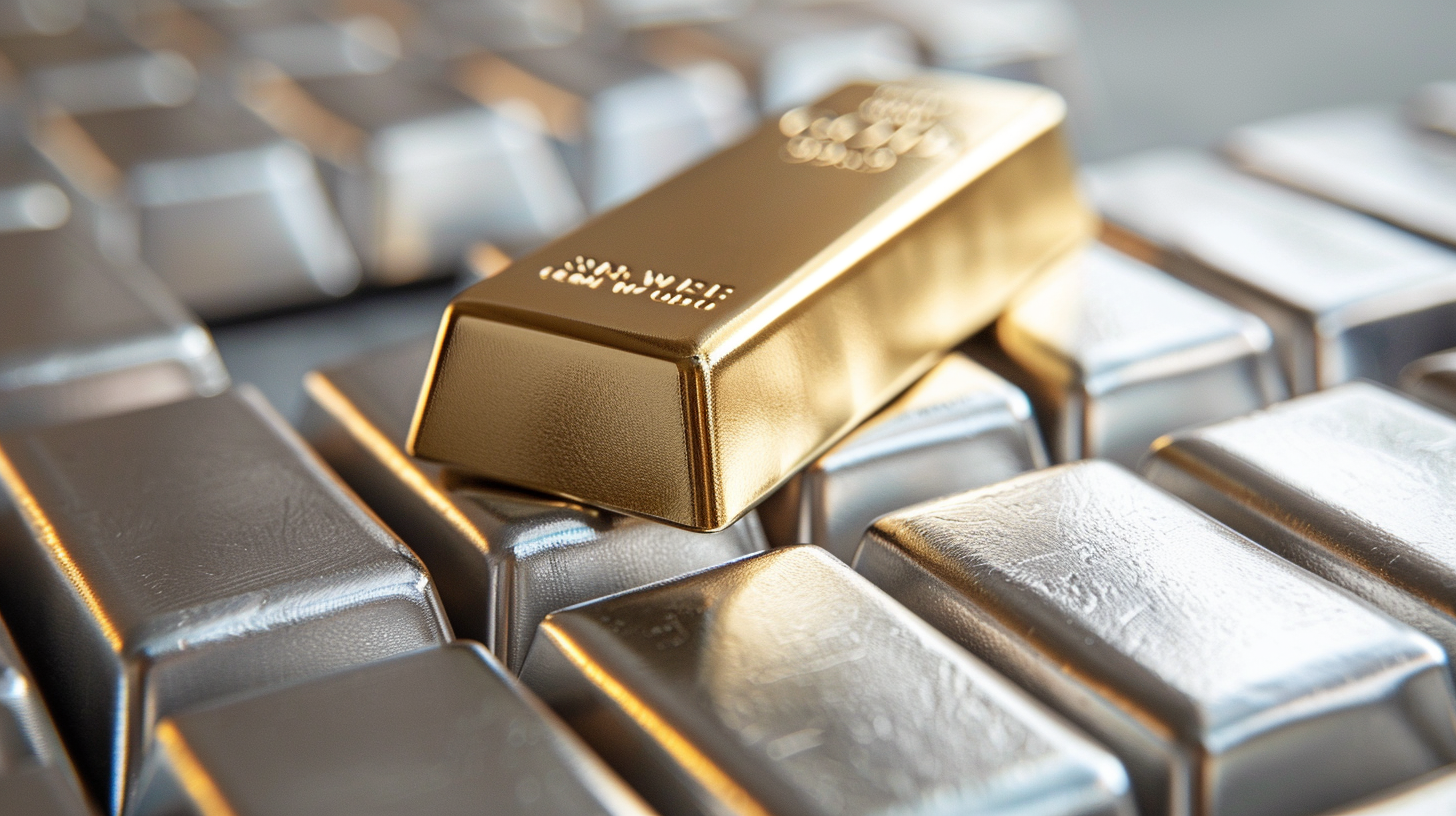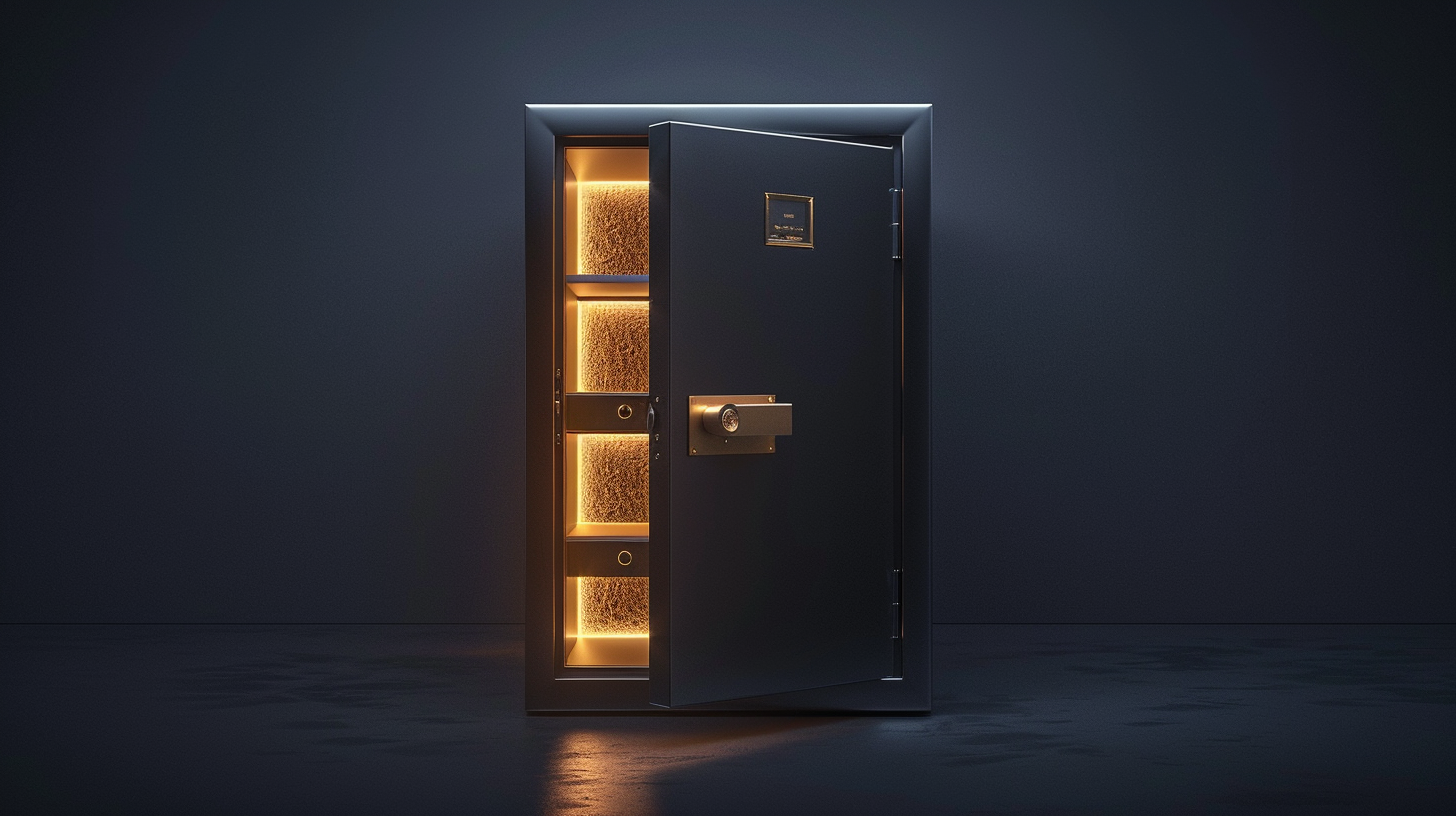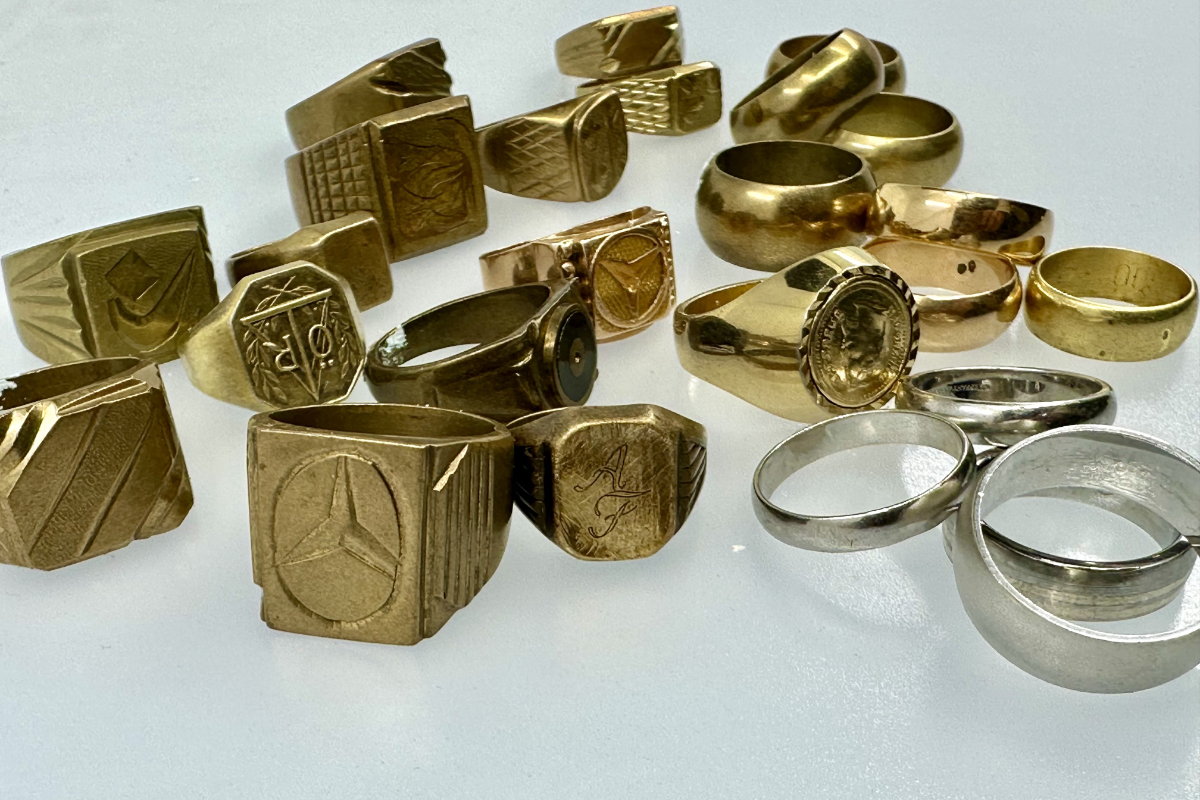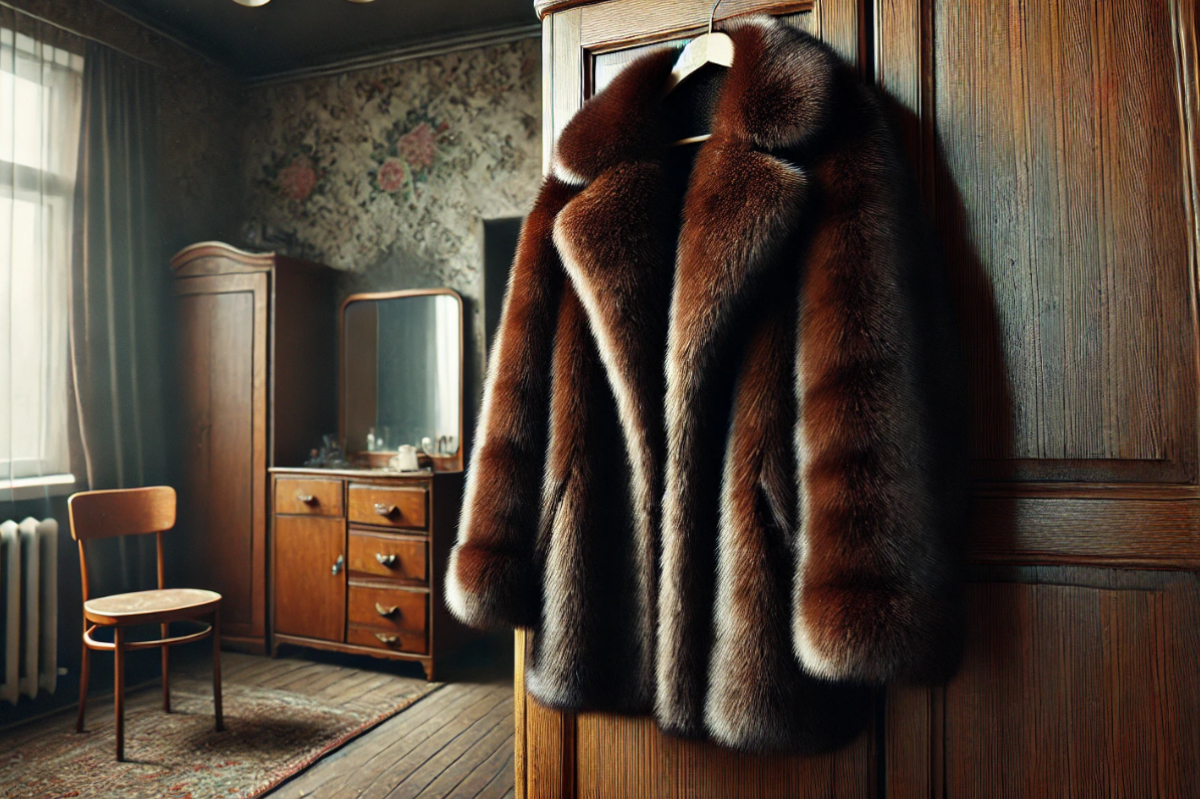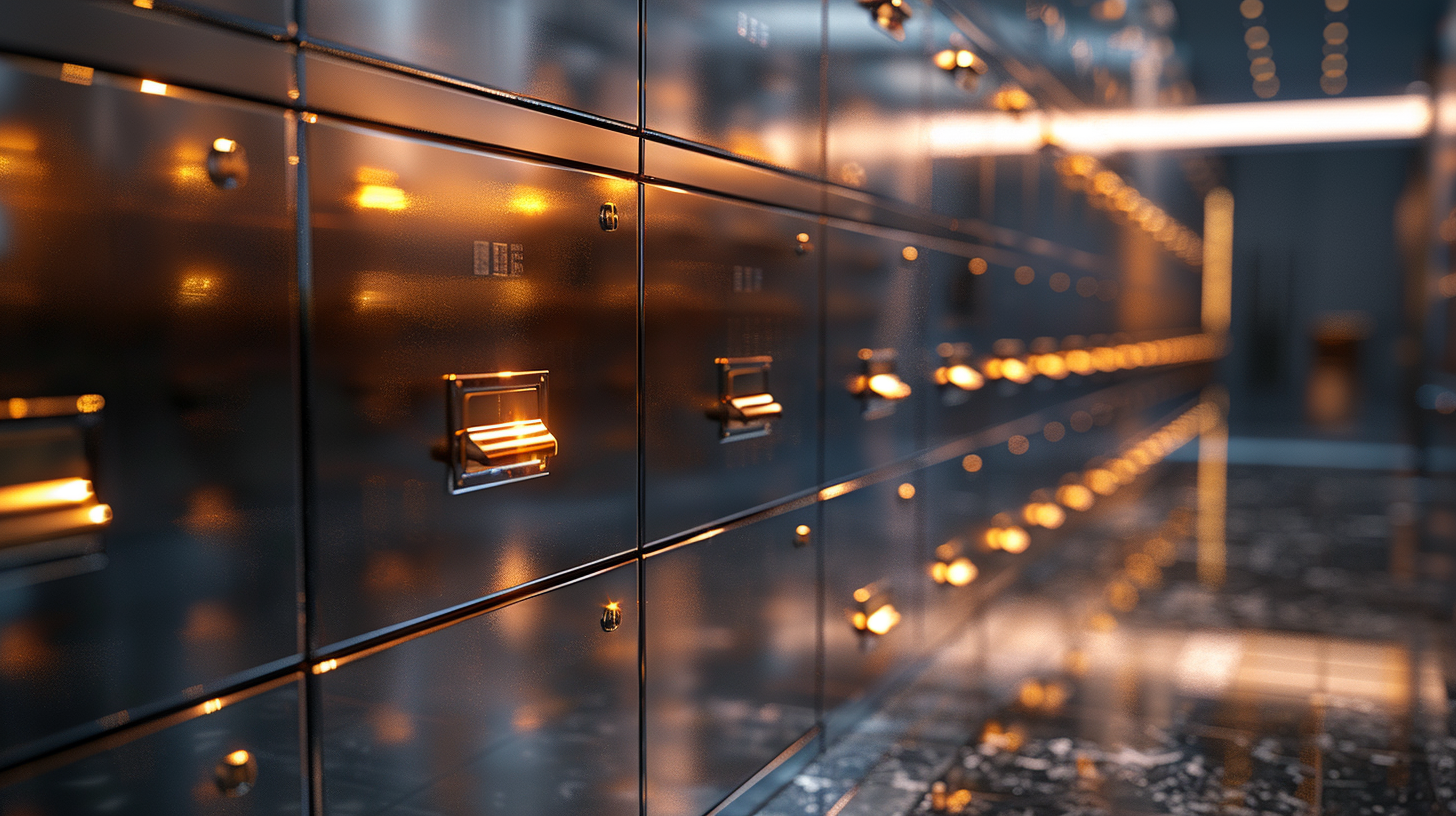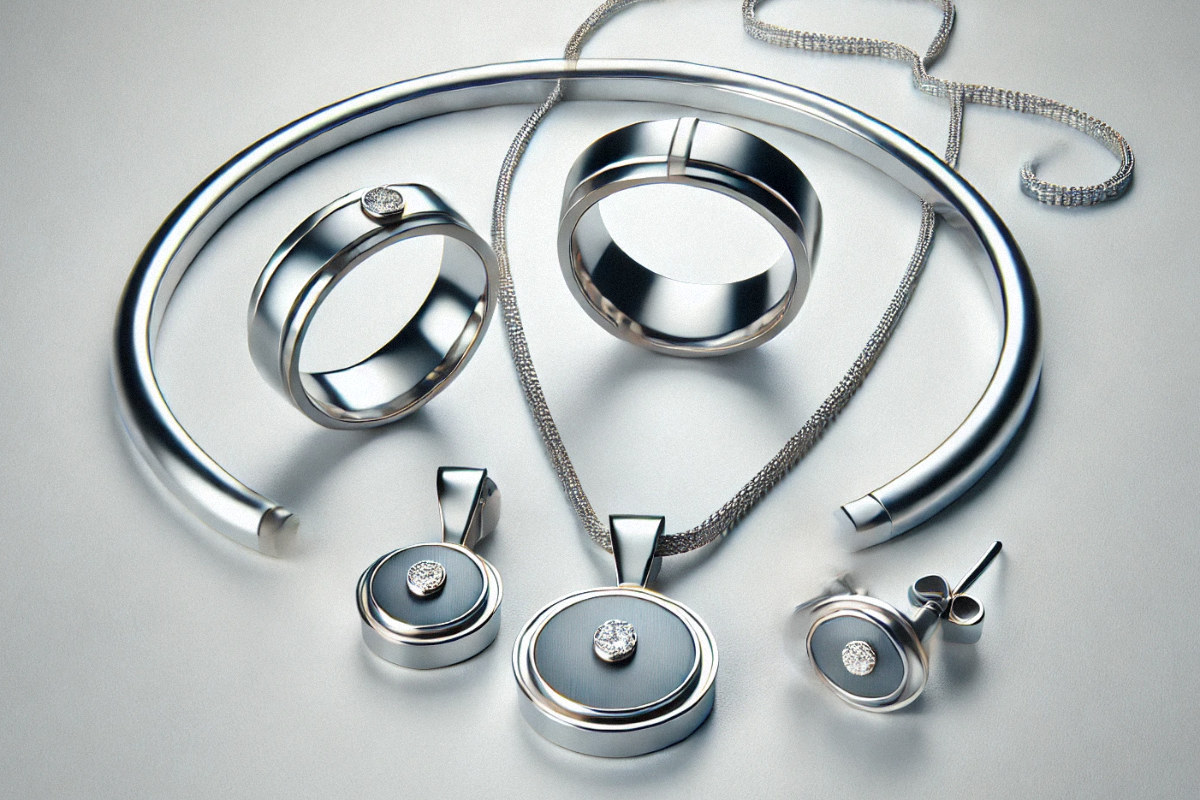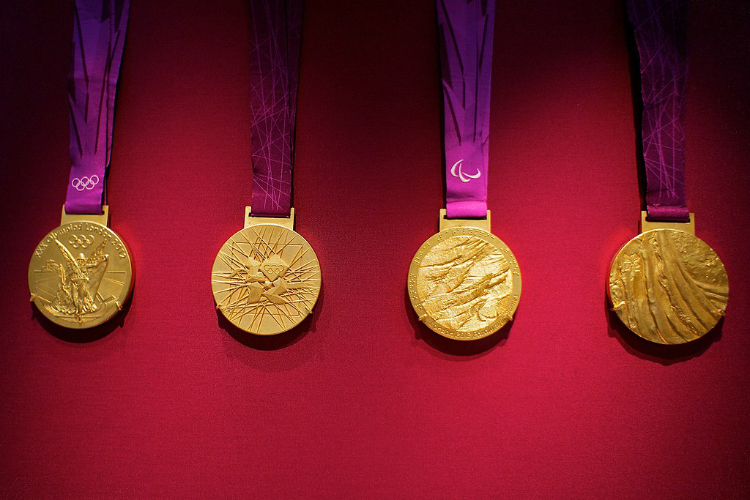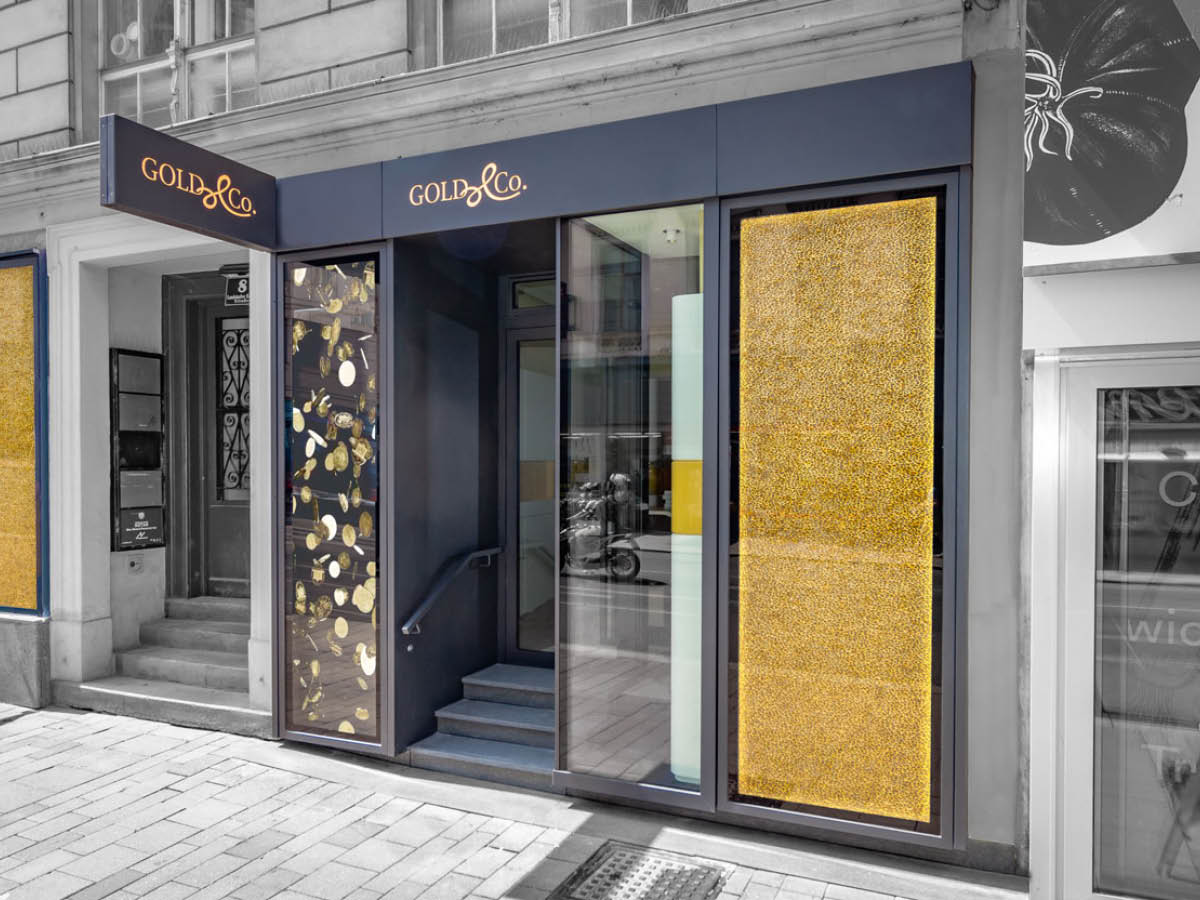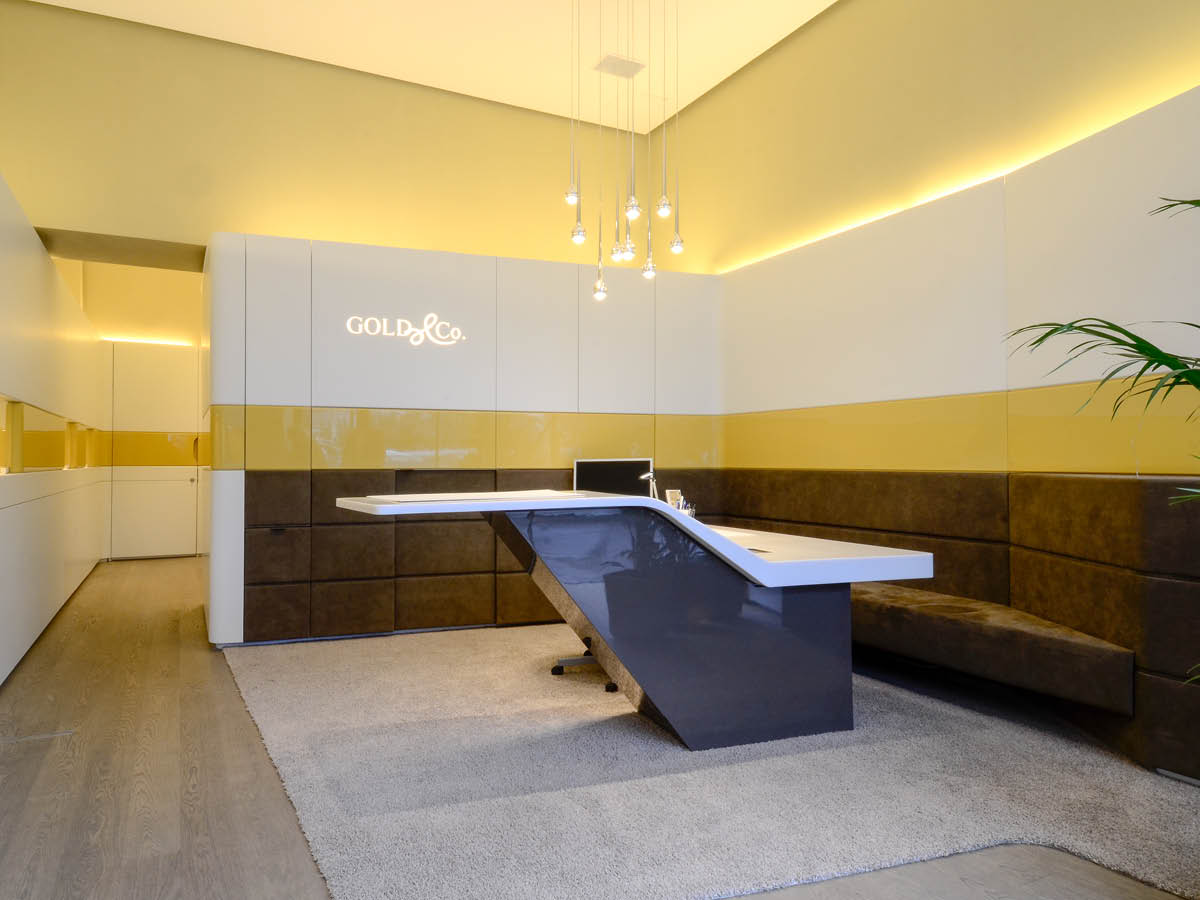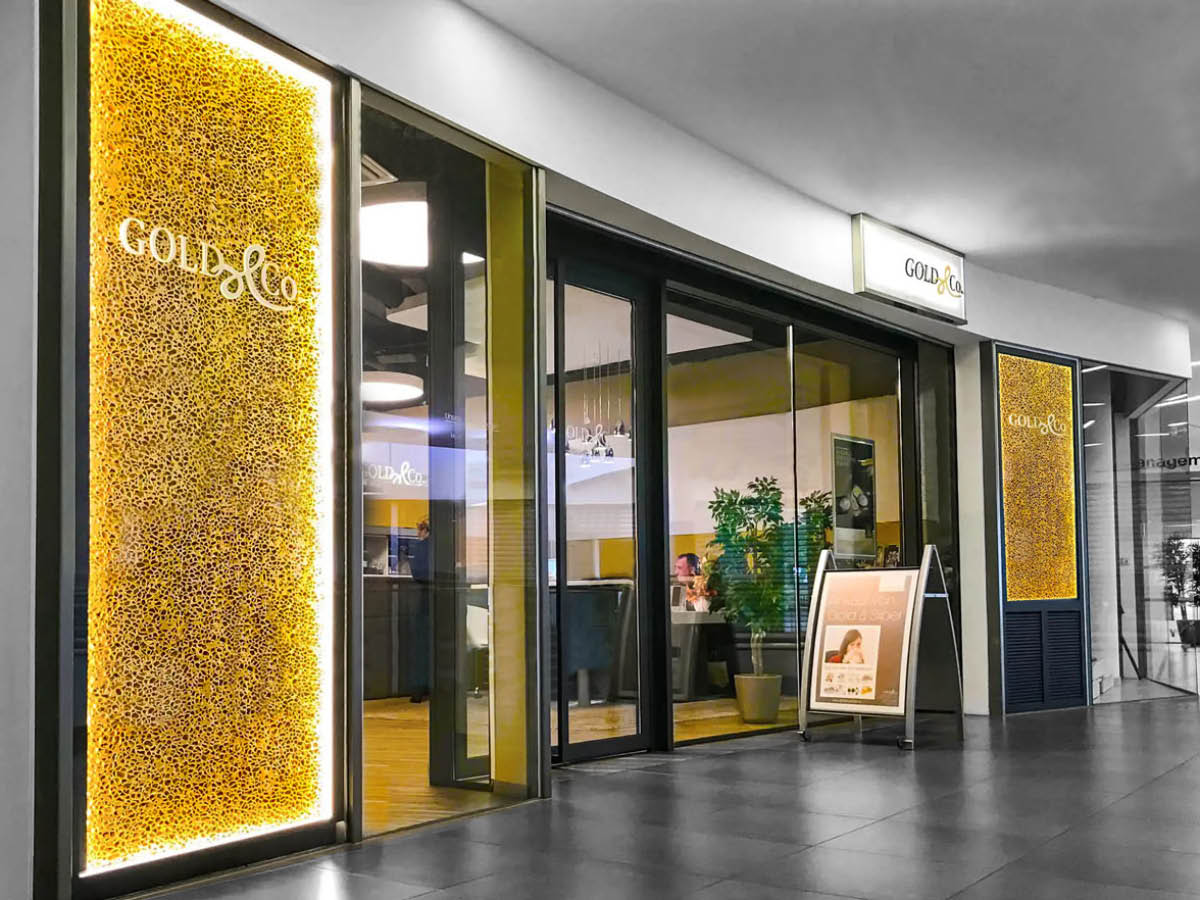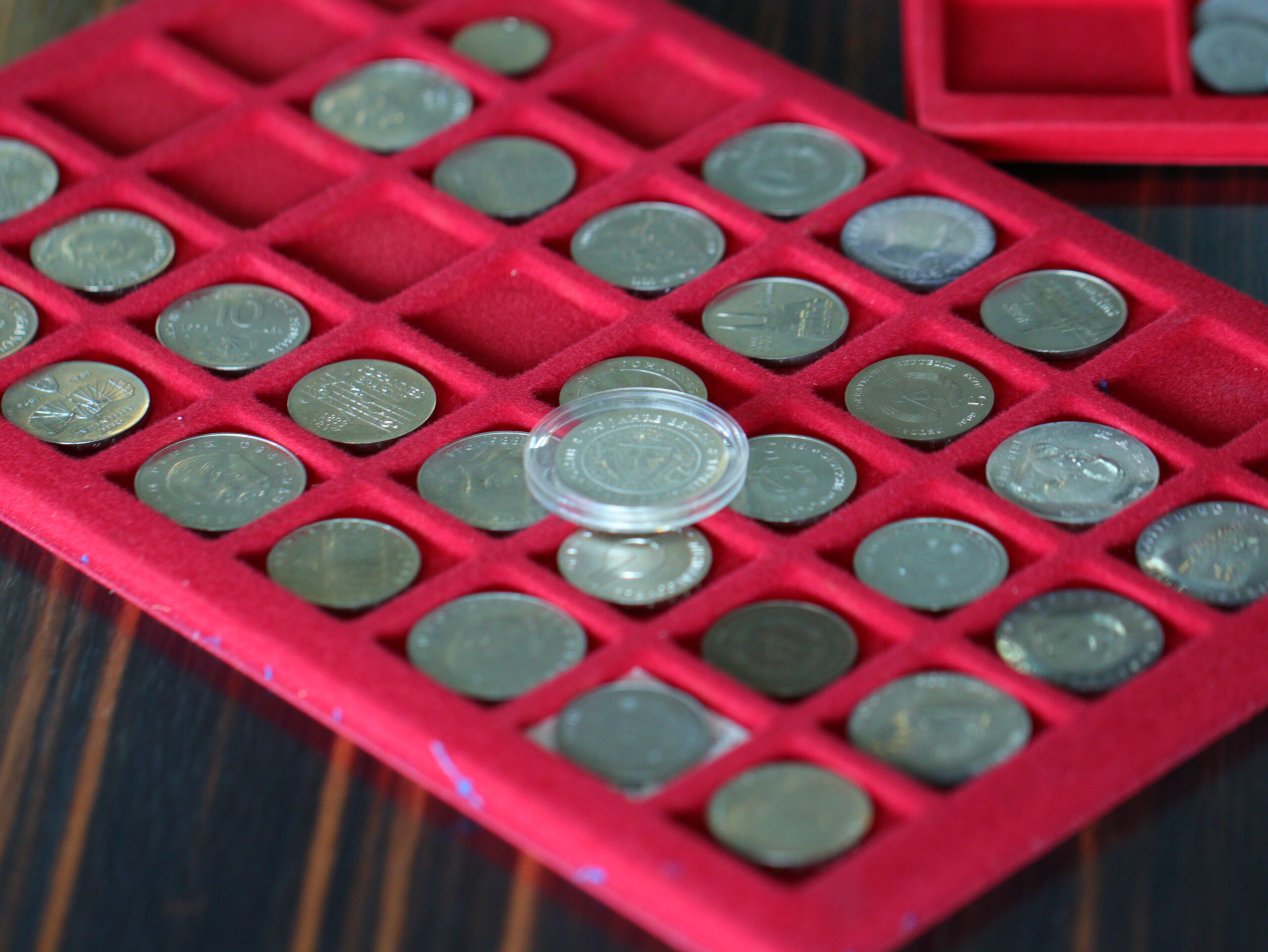
A guide for heirs: Selling your coin collection - but the right way!
Anyone who inherits a coin collection is often faced with a difficult decision: Keep or sell? While the emotional value can be high, from a financial point of view it is a matter of determining the actual market value of the collection and realizing the coins in the best possible way. The experts at "Gold & Co." are faced with this challenge time and again.
Initial assessment: indications of the value
Fortunately, you don't have to be a numismatics expert to make an initial assessment. A few simple questions will help you determine the potential value of your collection:
- Precious metal content: Do the coins contain gold or silver?
- Numismatic category: Are they classic or modern collector's items?
- Age: Are the coins older than 100 years?
- State of preservation: Are the coins heavily worn or well preserved?
Precious metal value as a basis

An important factor for the value of coins is the precious metal content. Gold and silver coins often have a stable material value, regardless of their collector's value.
It is worth taking a look at the current precious metal prices to make an initial valuation.
Modern numismatics: often difficult to sell
Modern collector coins, i.e. coins minted in the last few decades, often only have a low collector value. Particularly in the case of commemorative coins, they rarely achieve high prices on the collectors' market. In most cases, they can only be sold for their material value.
Old coins with collector potential
Coins that are older than 100 years have a greater chance of having a collector's value. Particularly well-preserved specimens are popular with collectors. Nevertheless, the value depends heavily on the rarity and historical significance of the coins. An appraisal by a coin dealer or auction house can be helpful here.
Recycling: basic rules and recommendations
There are some tried and tested principles for selling the collection:
- Coins in circulation (e.g. 2-euro coins): Mostly single issue, exception: coins from small states such as Monaco.
- Silver commemorative coins in euros or the predecessor currencies (e.g. schillings, German marks, francs): Usually only face value or material value. Check which is currently higher.
- Modern gold commemorative coins in euros from Austria and Germany: Generally material value, sale to precious metal dealers makes sense.
- Historical gold coins (19th century): Coins of large countries (e.g. Prussia, France, Italy) usually only gold value, in good hands with precious metal dealers. Rarer countries often more valuable.
Special case of GDR and German Empire coins
Coins from the German Democratic Republic (GDR) or from the period before the founding of the Federal Republic of Germany or the Republic of Austria can achieve high collector prices, depending on their rarity and state of preservation. Coins from the German Empire are also very popular, although pieces from Prussia are particularly common. Only certain years have a relevant collector's value here.
Small coins: Mostly low value
The value of small coins such as pfennigs or schillings is usually low. Nevertheless, it is worth taking a look at a coin catalog to check vintages and minting letters. Individual rare specimens can be sold on eBay or specialized platforms for significantly more than their face value.
Checklist for heirs
To ensure that the sale of the coin collection proceeds efficiently, heirs should consider the following steps:
- First sighting: Check whether precious metals are contained.
- Estimate age: Coins over 100 years old are often more interesting for collectors.
- Evaluate condition: Well-preserved coins fetch higher prices.
- Check modern commemorative coins: Often only material or face value.
- Research market prices: Consider precious metal prices and collector's value.
- Consult experts: If you are unsure, consult coin dealers or auction houses.
- Determine sales strategy: individual sales via auction houses or complete sale to precious metal dealers?
Conclusion: The right path to recycling
The following applies to heirs: An initial assessment of the coin collection is possible with just a few criteria. Goldand silver coins can be valued according to their material value, while older and well-preserved pieces may have a collector's value. Modern commemorative coins are often difficult to sell and usually only reach their metal or face value.
If you are unsure, it is worth consulting experts such as Gold & Co. in order to achieve the best possible selling price - our team can also put you in touch with fellow dealers for numismatically significant coins on request. In this way, the sale of your coin collection can be handled professionally and profitably

